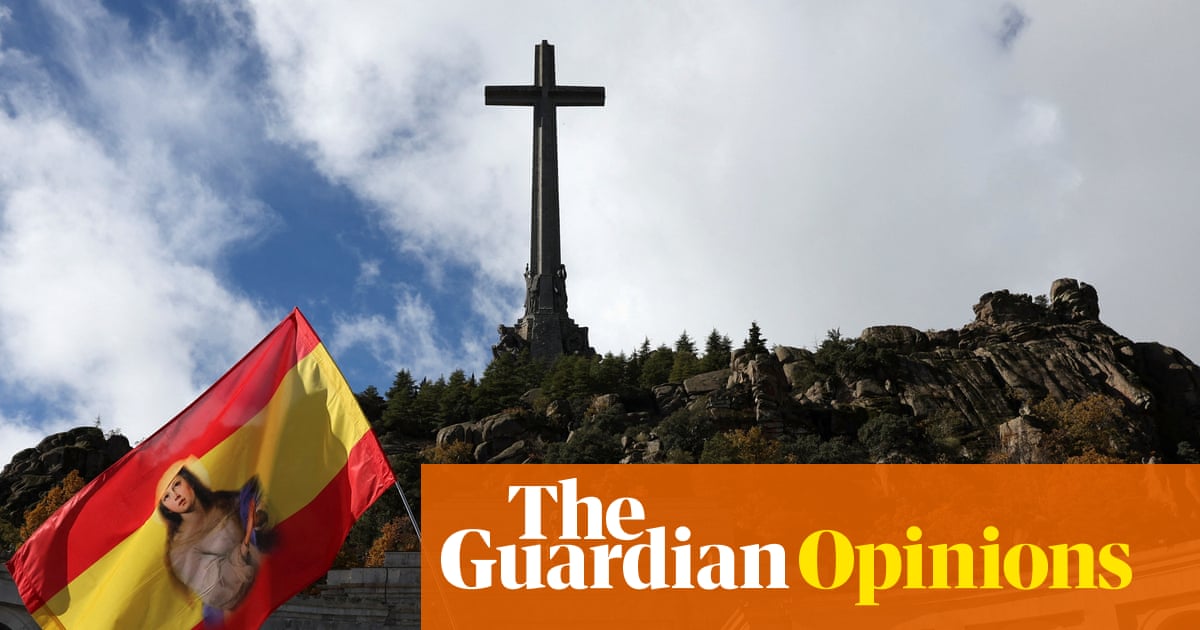
"Like most Spaniards alive today, I was born after the death of Franco 50 years ago. Even for my parents' generation, the dictatorship that lasted from 1939 until 20 November 1975 is today a distant bad dream. Growing up, the stories I heard were mostly about the post-Franco democratic transition, a time full of promise and energy as younger people set about rebuilding everything from scratch."
"Writing in October 1977, the philosopher and former political prisoner Julian Marias commented: The Franco years seem incredibly distant; almost everything that seemed impossible has already taken place. It had been less than two years since Franco's death, and there was not yet a full democratic system or a constitution in place. As in many European countries, those years were also marked by political violence and economic crises."
Spain underwent a rapid transformation from the end of Franco's dictatorship in 1975 to a dynamic democratic nation in fifty years. The post-Franco democratic transition generated broad optimism, civic energy, and institutional rebuilding, with early election participation in 1977. Political violence and economic crises persisted, including an attempted coup in February 1981 that produced fear and confusion. Economic indicators improved dramatically: GDP multiplied more than fifteenfold, exports rose almost eightfold, employment nearly doubled, and population grew from about 35 million to almost 50 million. Social liberalisation included legalisation of same-sex marriage in 2005. European funds and support aided the smooth transition, with reconciliation prioritised over justice.
Read at www.theguardian.com
Unable to calculate read time
Collection
[
|
...
]